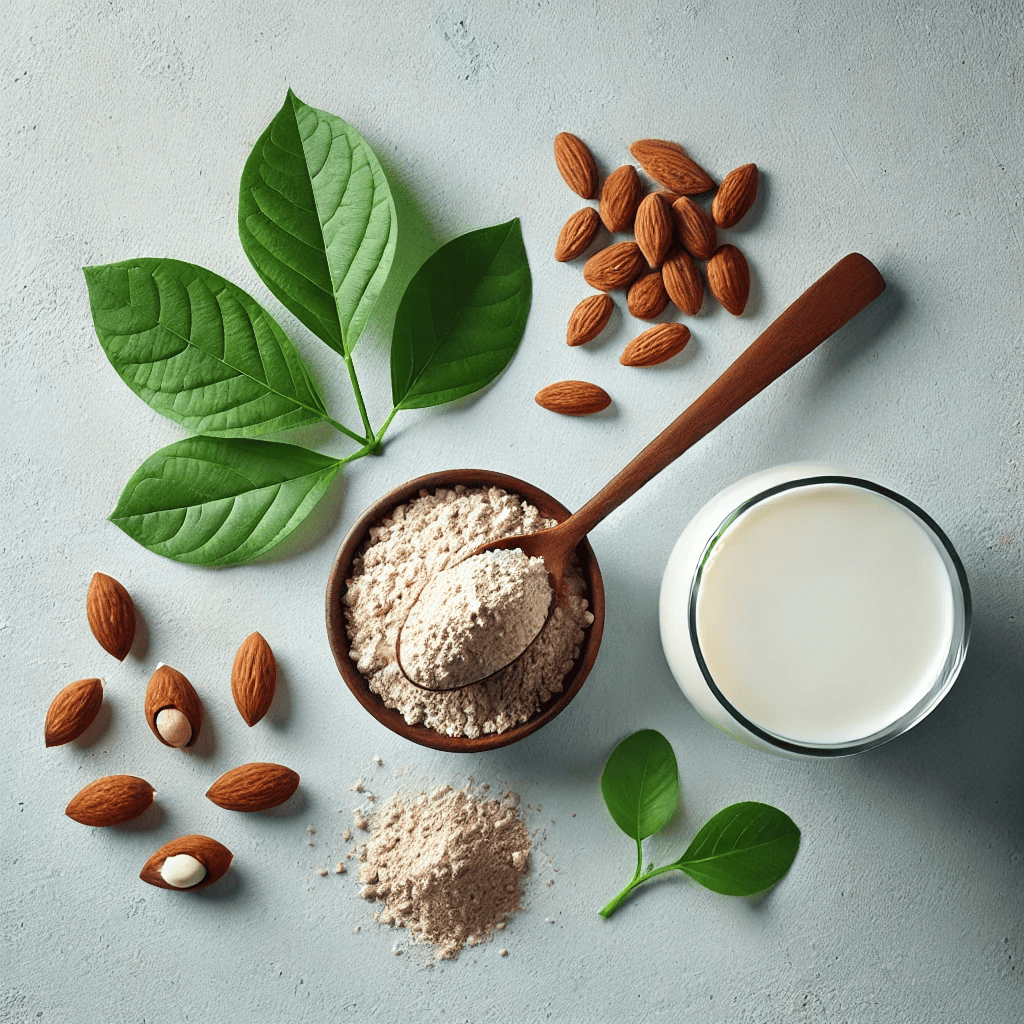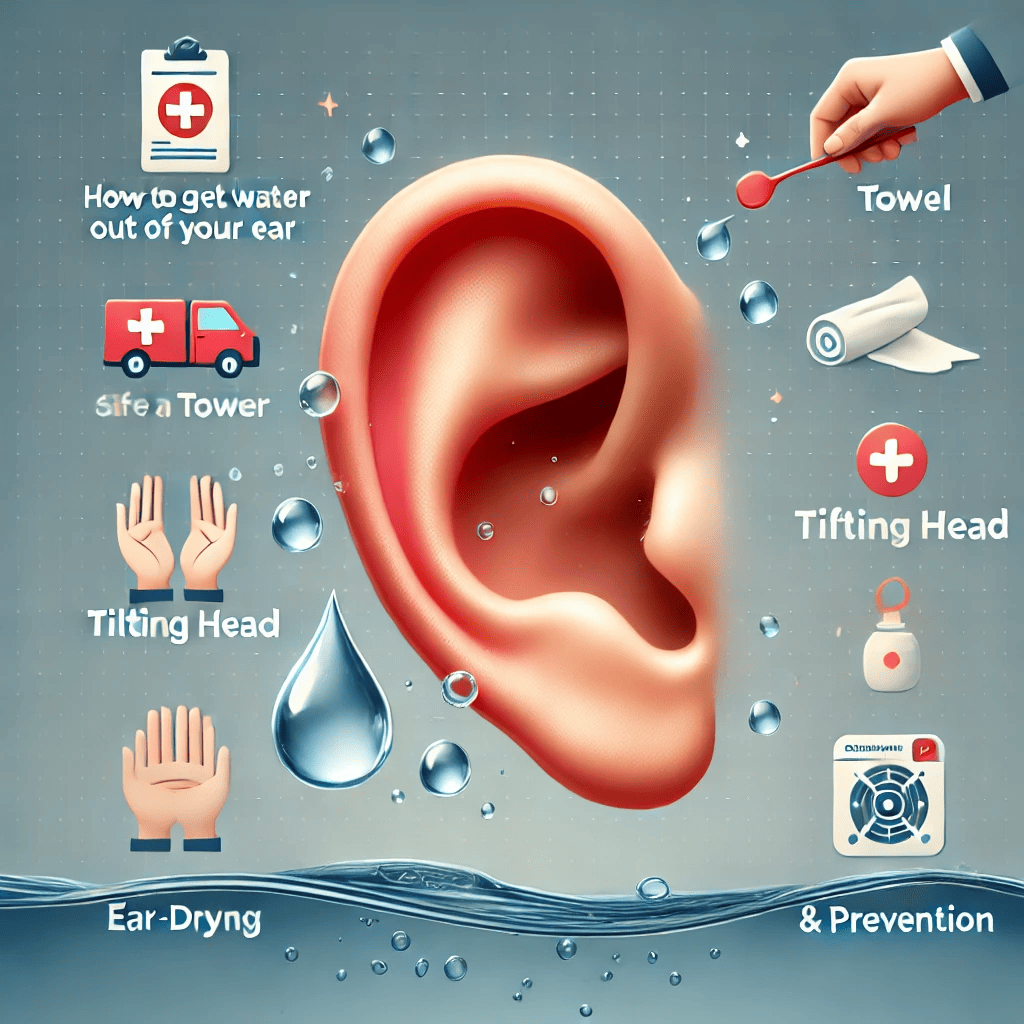Is Whey Protein Vegan? Understanding the Basics, Benefits, and Alternatives
Whey protein is one of the most popular protein supplements for fitness enthusiasts, athletes, and health-conscious individuals. It’s widely known for its effectiveness in muscle building, recovery, and overall health benefits. But one question often arises: Is whey protein vegan? In this article, we’ll dive deep into the origin of whey protein, why it’s not vegan, and what alternatives exist for those following a vegan lifestyle.
1. What is Whey Protein? An Overview
To understand whether whey protein is vegan, it’s essential to know what it is and where it comes from.
1.1. Origin of Whey Protein
Whey protein is derived from milk, specifically as a byproduct of cheese production. During the cheese-making process, milk is separated into solids (curds) and liquid (whey). This liquid whey is then processed and turned into a powder form to make whey protein.
- Fact: Whey is approximately 20% of the protein found in cow’s milk, with the other 80% being casein.
1.2. Why Whey Protein Isn’t Vegan
Since whey protein originates from milk, it is considered a dairy product. This disqualifies it from being vegan, as a vegan diet excludes all animal-derived products, including dairy.
Example: Just as milk, cheese, and butter are non-vegan, whey protein falls into the same category.
Tip: If you’re following a vegan diet, look for plant-based protein options instead of whey.
2. Benefits of Whey Protein for Non-Vegans
Whey protein has earned its reputation for good reason. Here are some key benefits for those who include dairy in their diet.
2.1. High-Quality Protein Source
Whey protein is known for its complete amino acid profile, meaning it contains all nine essential amino acids that the body can’t produce on its own. This makes it ideal for muscle repair and growth.
- Fact: Whey protein has a higher biological value than most other protein sources, making it more efficiently absorbed by the body.
2.2. Supports Muscle Growth and Recovery
Whey protein is especially beneficial for athletes and those engaged in resistance training, as it aids in muscle recovery and growth after workouts.
- Example: Consuming whey protein within 30 minutes of a workout can enhance muscle repair and growth.
2.3. Weight Management Benefits
Whey protein can support weight management by promoting feelings of fullness, which may help control appetite and reduce overall calorie intake.
Tip: If you’re looking to manage weight, consider a whey protein shake as a satisfying snack or meal replacement.
3. Is Whey Protein Suitable for Lactose-Intolerant Individuals?
Although whey protein is dairy-based, certain forms may still be suitable for those with lactose intolerance, depending on the product and the individual’s tolerance level.
3.1. Types of Whey Protein
Whey protein comes in three main types, each with different levels of lactose:
- Whey Protein Concentrate: Contains some lactose, usually around 70-80% protein.
- Whey Protein Isolate: Contains less lactose, with a protein content of 90% or higher.
- Whey Protein Hydrolysate: Partially broken down for easier digestion but may still contain some lactose.
Example: People with mild lactose intolerance may tolerate whey protein isolate better than concentrate.
3.2. Lactose-Free Whey Options
Some companies offer lactose-free whey protein, which has been treated to remove lactose. However, these products are still not vegan because they’re derived from milk.
Tip: If you’re lactose intolerant and not vegan, look for whey isolate or lactose-free options.
4. Vegan Alternatives to Whey Protein
For those following a vegan diet, many plant-based protein options offer excellent nutritional benefits similar to whey protein.
4.1. Pea Protein
Pea protein is one of the most popular vegan protein powders due to its high protein content and good digestibility. It’s derived from yellow split peas and is often used as a substitute for whey.
- Nutritional Highlight: Pea protein is rich in branched-chain amino acids (BCAAs) like leucine, which is essential for muscle growth.
4.2. Soy Protein
Soy protein is another complete protein, meaning it provides all essential amino acids. It’s a popular choice among vegans due to its similar protein profile to whey.
- Example: Soy protein powder is often used in vegan protein bars and shakes as an alternative to whey.
Tip: If you’re looking for a well-rounded vegan protein, soy protein can be an excellent choice.
4.3. Brown Rice Protein
Though not a complete protein on its own, brown rice protein is often blended with other proteins like pea protein to make up for the missing amino acids.
- Fact: Brown rice protein is hypoallergenic and easy to digest, making it a good option for those with food sensitivities.
4.4. Hemp Protein
Hemp protein is a good source of omega-3 and omega-6 fatty acids in addition to protein. It’s not as protein-dense as other options but offers additional health benefits due to its healthy fat content.
Tip: For a more nutrient-rich shake, try blending hemp protein with other vegan proteins like pea or brown rice.
5. Comparing Whey Protein and Vegan Proteins: Which is Better?
Both whey protein and vegan proteins have their own set of benefits and drawbacks, depending on dietary needs and preferences. Let’s compare them based on several key factors.
5.1. Protein Quality
- Whey Protein: Known for its complete amino acid profile and high biological value.
- Vegan Protein: While some plant proteins like soy and pea are complete, others may lack certain amino acids.
Fact: Combining different plant proteins can help create a complete amino acid profile.
5.2. Digestibility
- Whey Protein: Generally well-absorbed, but may cause digestive discomfort for lactose-intolerant individuals.
- Vegan Protein: Often easier to digest, especially for those sensitive to dairy.
Example: People with lactose intolerance might find vegan proteins gentler on the stomach.
5.3. Environmental Impact
- Whey Protein: Being dairy-based, whey production has a larger environmental footprint, including greenhouse gas emissions from livestock.
- Vegan Protein: Plant-based proteins are generally more sustainable, using fewer resources and producing less waste.
Tip: If environmental concerns are a priority, plant-based proteins are often a better choice.
6. How to Choose the Right Vegan Protein Powder
With so many vegan protein options available, selecting the right one can be challenging. Here’s a quick guide to help you decide.
6.1. Check the Protein Content
Look for a vegan protein powder with at least 15-20 grams of protein per serving. This ensures you’re getting enough protein to meet your dietary needs.
6.2. Look for Minimal Ingredients
High-quality vegan protein powders often contain minimal additives or fillers. Aim for products with simple ingredients and avoid unnecessary artificial flavors or sweeteners.
6.3. Choose Based on Your Dietary Goals
Consider your fitness goals when choosing a vegan protein. For muscle gain, choose proteins rich in BCAAs, like pea protein. For general health, hemp or brown rice protein may be ideal.
Tip: If you’re unsure, try a blend of vegan proteins to get a balanced amino acid profile.
7. Pros and Cons of Vegan Protein Powders vs. Whey Protein
Understanding the advantages and disadvantages of vegan and whey proteins can help you choose the best option for your health goals.
7.1. Pros of Vegan Protein Powders
- Allergy-Friendly: Vegan proteins are usually free of common allergens like lactose, which is beneficial for those who are lactose-intolerant or have dairy allergies.
- Eco-Friendly: Plant-based proteins have a smaller carbon footprint, making them a more environmentally sustainable choice.
- Rich in Fiber and Nutrients: Many vegan protein powders contain fiber, antioxidants, and essential vitamins that benefit overall health.
- Supports Heart Health: Studies have shown that plant-based diets can reduce the risk of heart disease, as vegan proteins typically have lower cholesterol than dairy proteins.
7.2. Cons of Vegan Protein Powders
- Lower Biological Value: Plant-based proteins often have a lower biological value, meaning they may not be absorbed as efficiently as whey.
- Incomplete Amino Acid Profiles: Except for certain proteins like soy and pea, most vegan proteins are not complete proteins, requiring a mix to meet amino acid needs.
- May Contain Additives: Some vegan protein powders contain fillers or flavoring agents to improve taste, so it’s essential to choose high-quality brands.
Example: Someone who follows a vegan lifestyle may benefit from a high-quality pea and brown rice protein blend, while a non-vegan might find whey protein more beneficial due to its complete amino acid profile.
7.3. Pros of Whey Protein
- High Bioavailability: Whey protein is one of the most bioavailable protein sources, meaning your body can use it more effectively.
- Fast Digestion: Whey protein is rapidly digested, making it ideal for post-workout recovery.
- Complete Protein: With a full amino acid profile, whey protein supports muscle growth and repair more comprehensively.
7.4. Cons of Whey Protein
- May Cause Digestive Issues: Lactose in whey can cause digestive problems for those with lactose intolerance or dairy allergies.
- Environmental Impact: Dairy production has a significant environmental impact, including greenhouse gas emissions and water use.
- Not Suitable for Vegans: Whey is animal-derived, which disqualifies it for vegan and plant-based diets.
8. Unique Insights: The Role of Protein in Vegan and Non-Vegan Diets
Protein is essential for overall health, regardless of whether it comes from animal or plant sources. Here are some unique insights into how protein plays a vital role in vegan and non-vegan diets:
8.1. Muscle Maintenance and Growth
Protein plays a key role in muscle maintenance and growth. While non-vegans have access to animal-based proteins like whey, vegans can achieve similar muscle support by combining various plant proteins.
- Fact: Research has shown that a balanced vegan diet can support muscle growth as effectively as diets with animal protein, provided it includes complete protein sources.
8.2. Bone Health
Protein is crucial for bone density, especially as we age. Whey protein contains calcium, which supports bone health, while vegan proteins like soy are also beneficial for bones due to their calcium and magnesium content.
Tip: If you’re concerned about bone health on a vegan diet, consider fortified vegan protein powders with added calcium and vitamin D.
8.3. Immune System Support
Both whey and vegan proteins contain compounds that support immune health. For instance, whey protein has immunoglobulins, while plant-based proteins often contain antioxidants that fight inflammation.
Example: A pea and hemp protein blend provides antioxidants, which can help reduce oxidative stress in the body.
9. Tips for Transitioning from Whey to Vegan Protein
If you’re considering switching from whey protein to a vegan protein powder, here are some practical tips to make the transition easier and more effective.
9.1. Mix Vegan Protein Powders for a Complete Amino Acid Profile
Since many plant proteins lack one or more essential amino acids, combining them can help create a complete amino acid profile. For instance, mixing pea and brown rice proteins offers a balanced amino acid range.
Tip: Check labels to see if the vegan protein is a blend, or mix different powders yourself.
9.2. Experiment with Flavors and Textures
Vegan proteins can sometimes have a grainier texture or a slightly earthy taste compared to whey. Experiment with different flavors and textures to find a protein powder you enjoy.
Example: Adding vegan protein powder to smoothies or recipes like protein pancakes can help improve its taste and texture.
9.3. Start with Smaller Servings
If you’re new to vegan protein, start with smaller servings and gradually increase. This can help your body adjust to any fiber content in the protein powder, reducing the chance of digestive discomfort.
Tip: Blending vegan protein with water or a non-dairy milk like almond milk can create a smoother texture.
10. FAQs About Whey Protein and Vegan Protein
10.1. Can Vegan Protein Build Muscle as Effectively as Whey?
Yes, with a balanced intake of essential amino acids, vegan protein can support muscle growth similarly to whey protein. Studies show that plant-based proteins like soy and pea are particularly effective for muscle building.
10.2. Is Vegan Protein Healthier Than Whey Protein?
Both vegan and whey proteins have health benefits, and each has unique advantages. Vegan protein may be better for those concerned about digestion, allergies, and environmental impact, while whey is preferred for its fast absorption and complete protein profile.
10.3. How Much Protein Do I Need Per Day?
Protein needs vary based on age, activity level, and health goals. For most adults, 0.8-1.2 grams of protein per kilogram of body weight is sufficient. Athletes and those with specific fitness goals may require more.
Example: A 60 kg person may need around 48-72 grams of protein per day, adjusting as needed for their goals.
11. Final Thoughts: Choosing the Right Protein for Your Lifestyle
Choosing between whey and vegan protein depends on individual dietary choices, health goals, and personal values. Both whey and vegan protein powders offer high-quality protein, but each has unique advantages.
- For Vegans: Consider a blend of pea, rice, and hemp protein to ensure a complete amino acid profile.
- For Non-Vegans: Whey protein offers quick absorption and a complete protein profile, ideal for post-workout recovery.
Pro Tip: Whichever protein you choose, make sure it aligns with your dietary goals and preferences for long-term satisfaction and health benefits.




